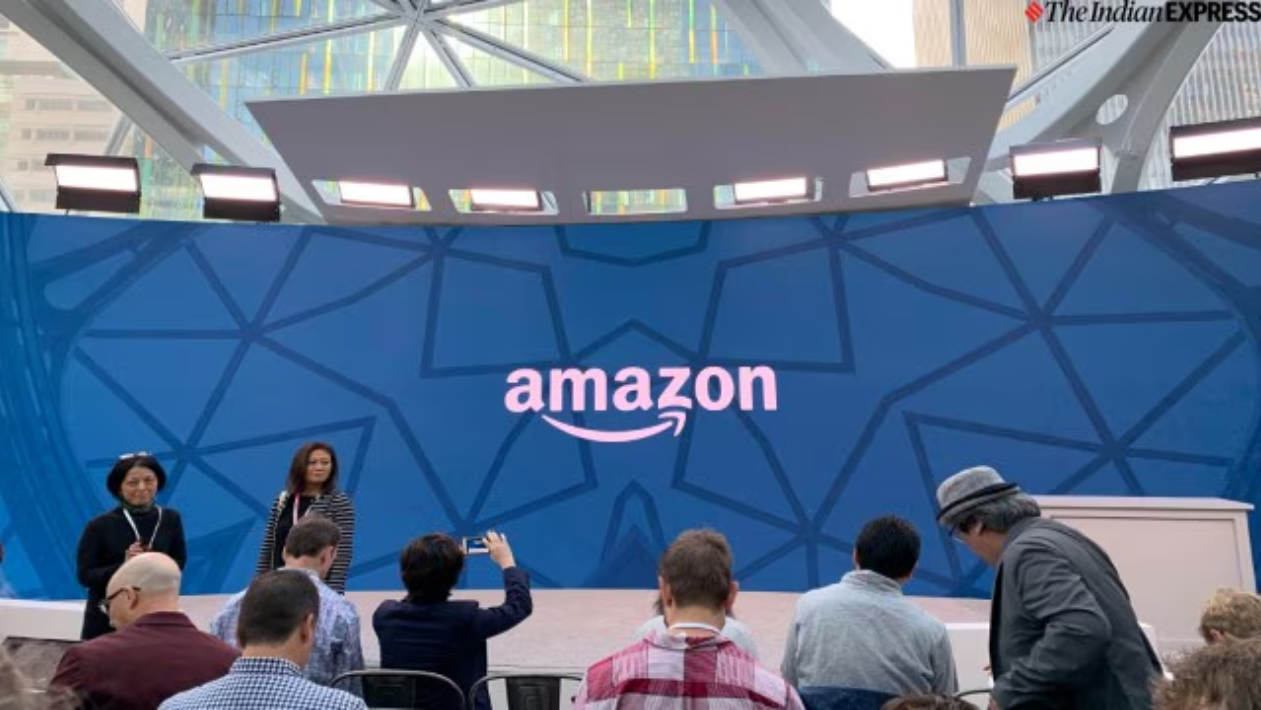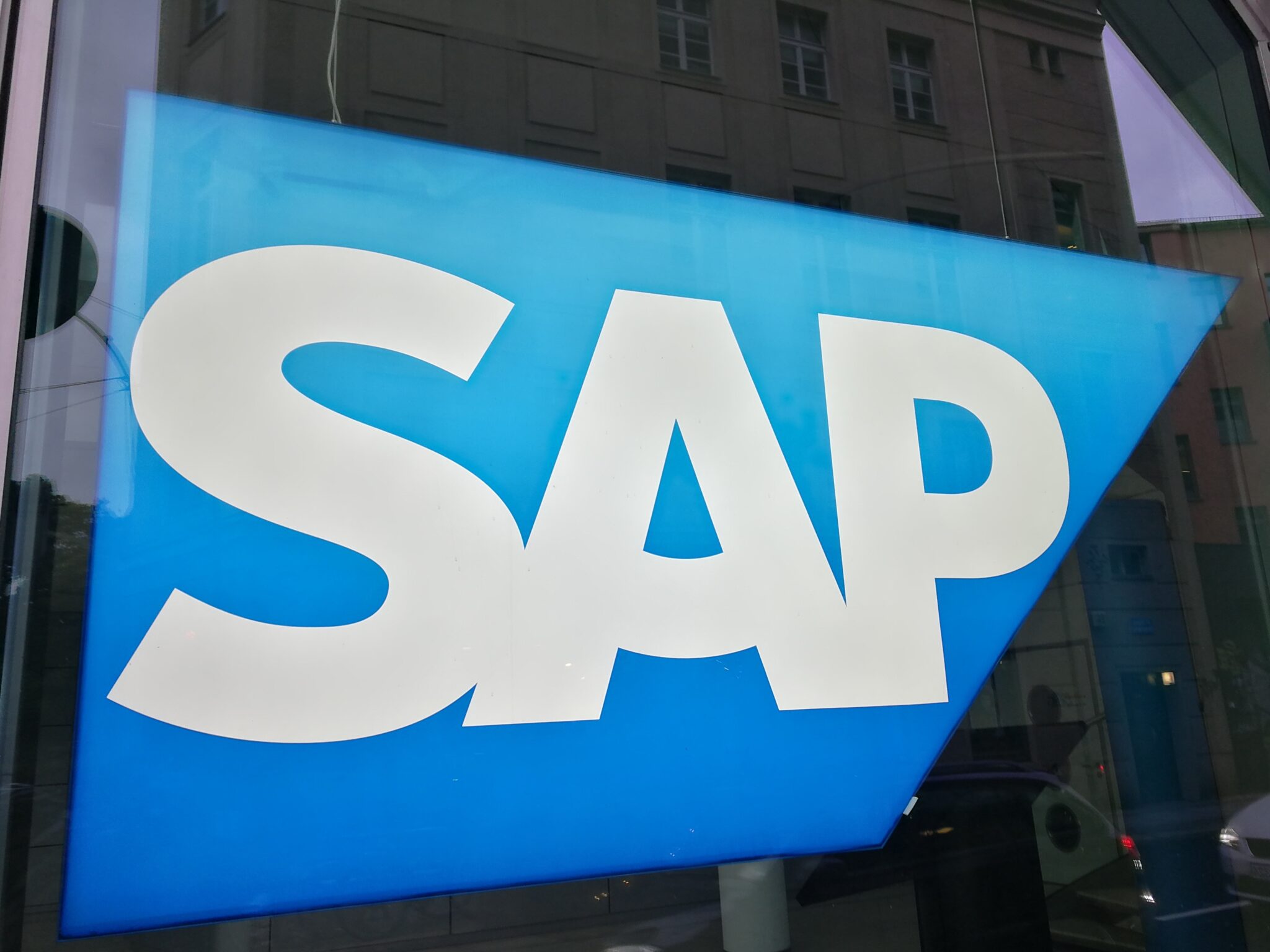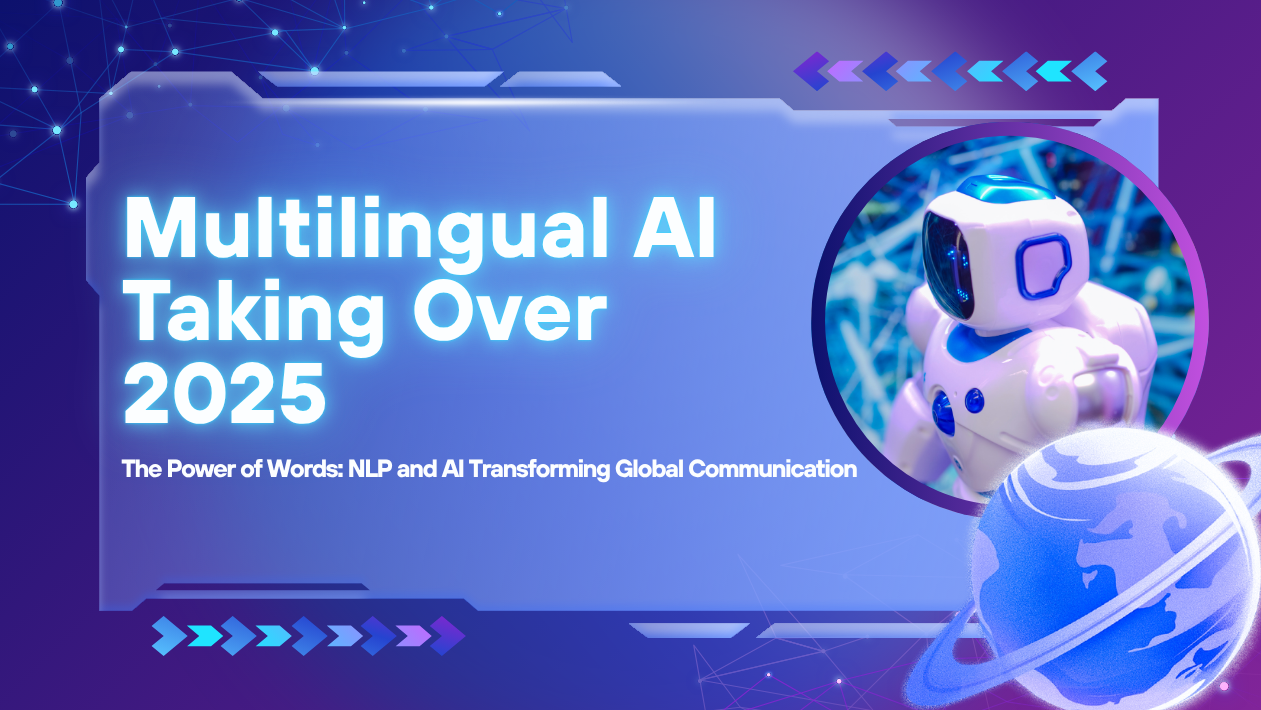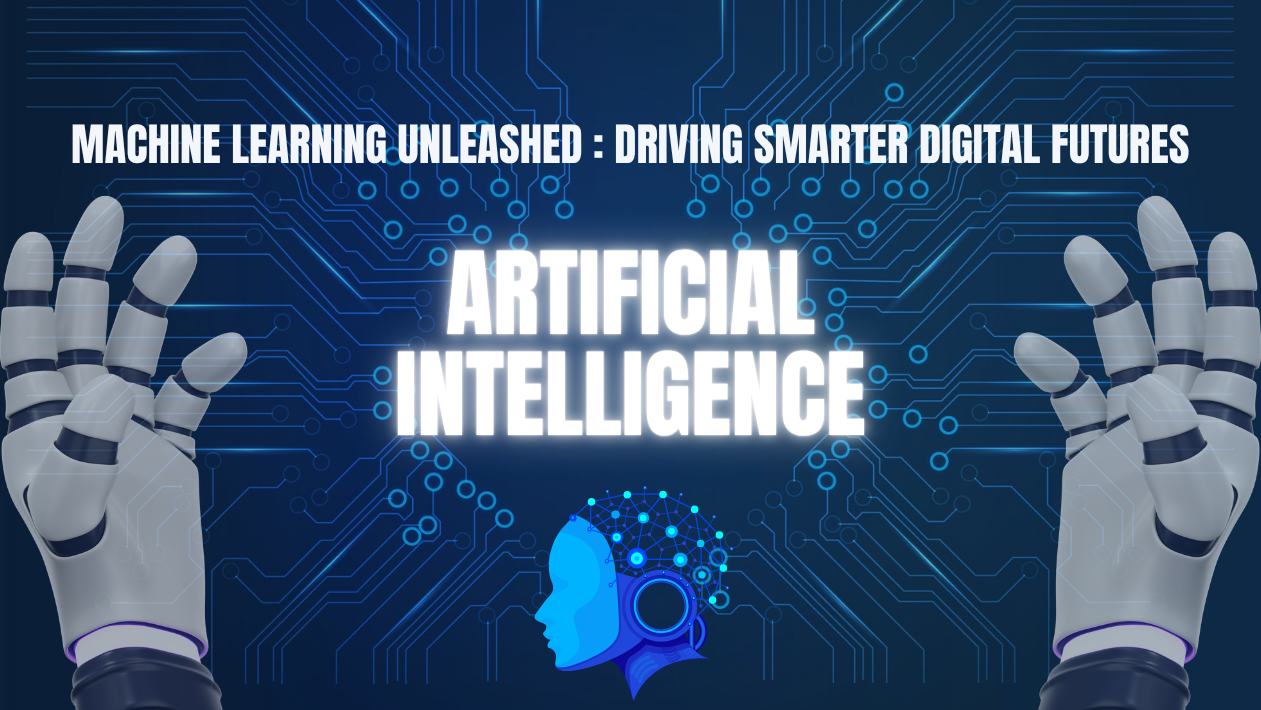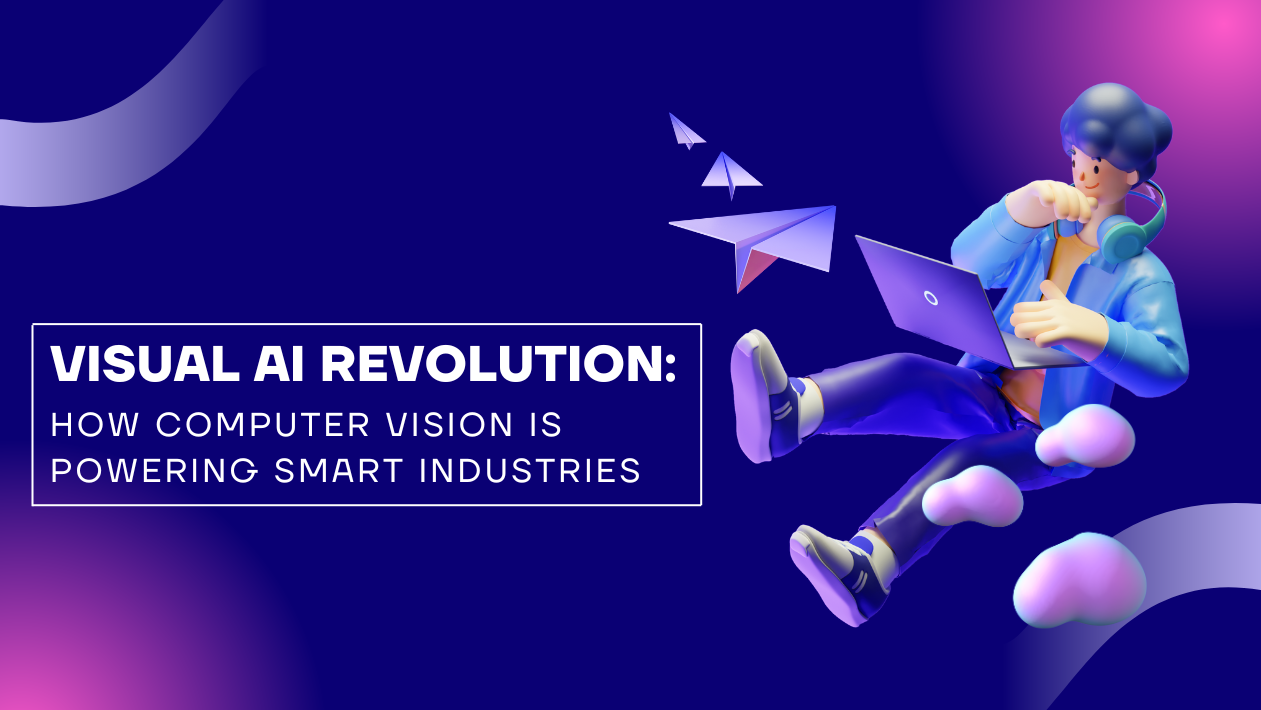June 18, 2025 – In a candid internal discussion, Amazon CEO Andy Jassy acknowledged that artificial intelligence (AI) will inevitably reduce parts of the company’s workforce over time, signaling a major shift in how one of the world’s largest tech employers envisions the future of work.
The statement, delivered during an all-hands meeting earlier this week, has sparked internal and external discussions about the long-term implications of AI integration within Amazon’s operations — from warehouse logistics to corporate decision-making.
🧠 AI’s Growing Role in Amazon’s Strategy
Amazon has been rapidly expanding its use of AI across every facet of its business. From automated warehouse robotics and AI-driven inventory management, to machine learning tools for AWS clients and generative AI solutions powering Alexa, the company is deeply invested in leveraging automation to drive efficiency.
“We are embracing AI not just because it’s a trend — but because it’s transformational,” Jassy said during the employee meeting. “And yes, it will mean some roles will be redefined or replaced.”
⚙️ What Jobs Are at Risk?
While Amazon didn’t specify which roles might be affected first, analysts expect that the impact will likely be most immediate in:
- Warehouse and fulfillment center roles (due to robotics and predictive AI systems)
- Customer service jobs (with the rollout of advanced AI chatbots)
- Back-office and data processing positions
However, Jassy also stressed that new opportunities will emerge as AI creates demand for highly-skilled roles in machine learning, data science, AI ethics, and prompt engineering.
🗣️ Employee Reactions and Company Response
The CEO’s frankness was met with mixed reactions internally. Some employees appreciated the transparency, while others expressed concern over job security and career paths in an AI-dominated environment.
In response, Amazon said it is planning large-scale reskilling programs and investing in AI training for current employees to help them adapt and transition into new roles where possible.
🌍 The Bigger Picture: AI and the Future of Work
Amazon’s announcement echoes a broader trend in tech and beyond. As AI technologies become more advanced and cost-effective, many large companies are rethinking their workforce strategies.
Industry experts predict that millions of jobs globally may be impacted by automation and AI over the next decade — but they also note that entirely new industries and career paths will emerge as a result.
✅ What’s Next for Amazon and Its Employees?
As AI continues to evolve, Amazon’s leadership believes that staying ahead of the curve is critical — not just for business survival, but for long-term innovation.
“The key is to adapt early, train widely, and focus on where humans and AI can collaborate most effectively,” Jassy concluded.
For Amazon’s 1.5 million employees, the message is clear: change is coming, and the company is preparing for a future where AI is not just a tool, but a core part of the workforce equation.

